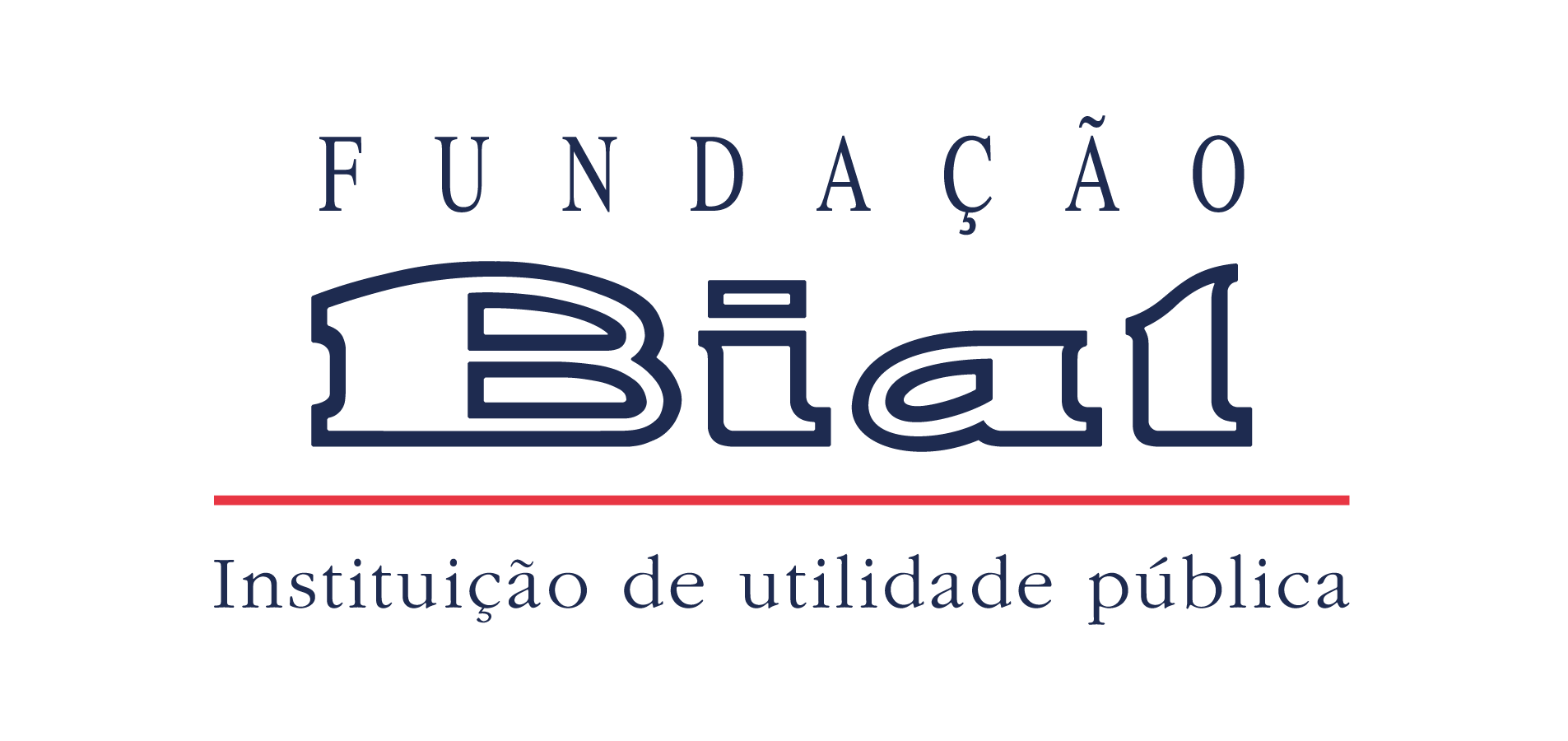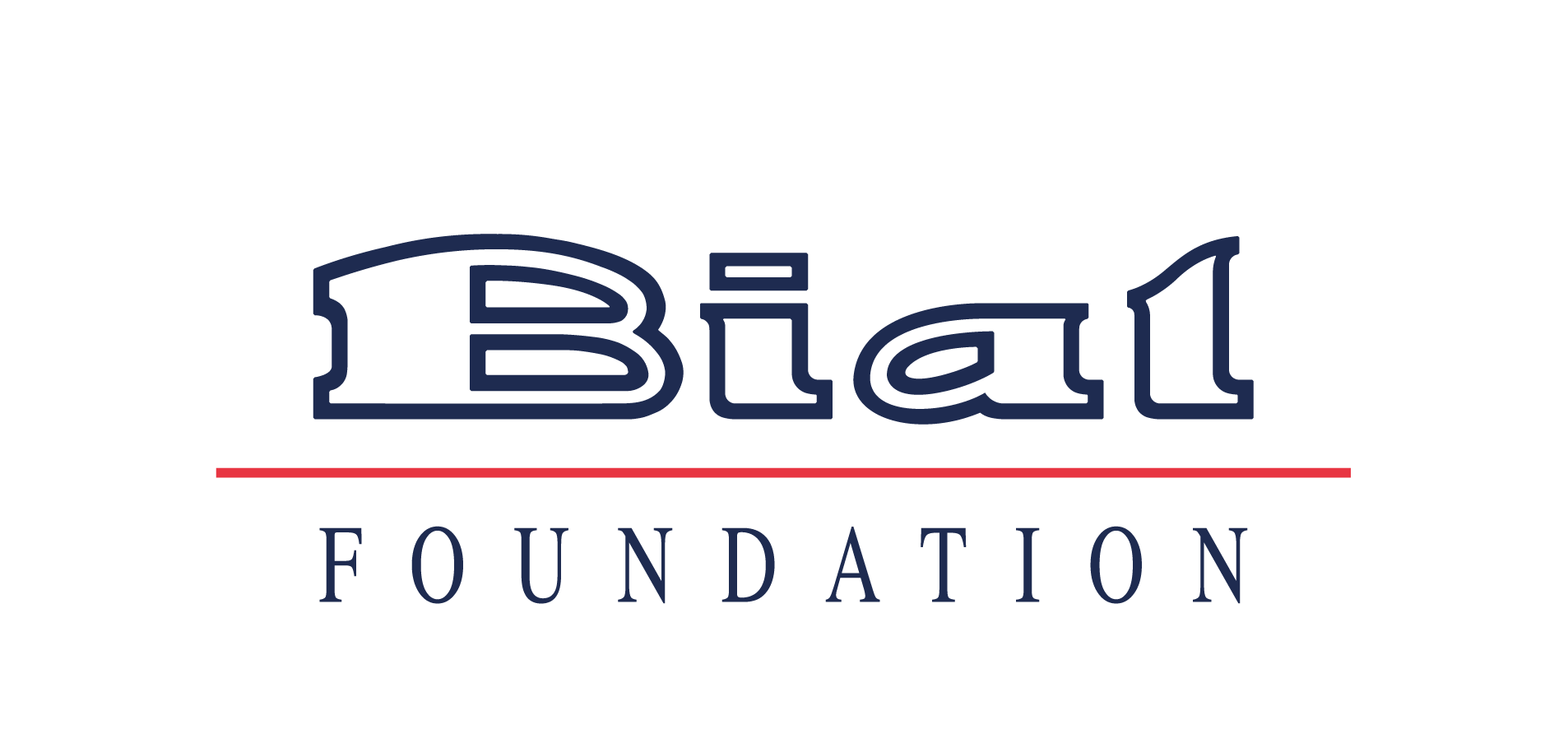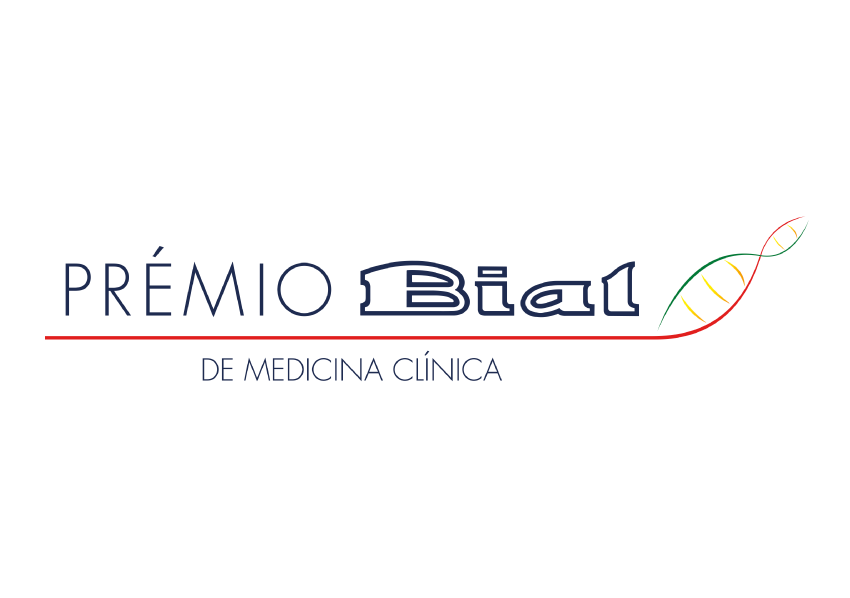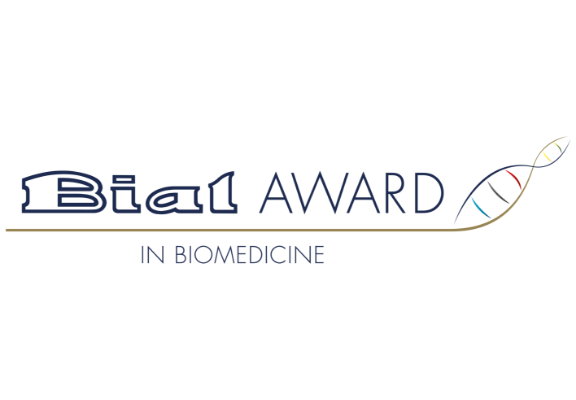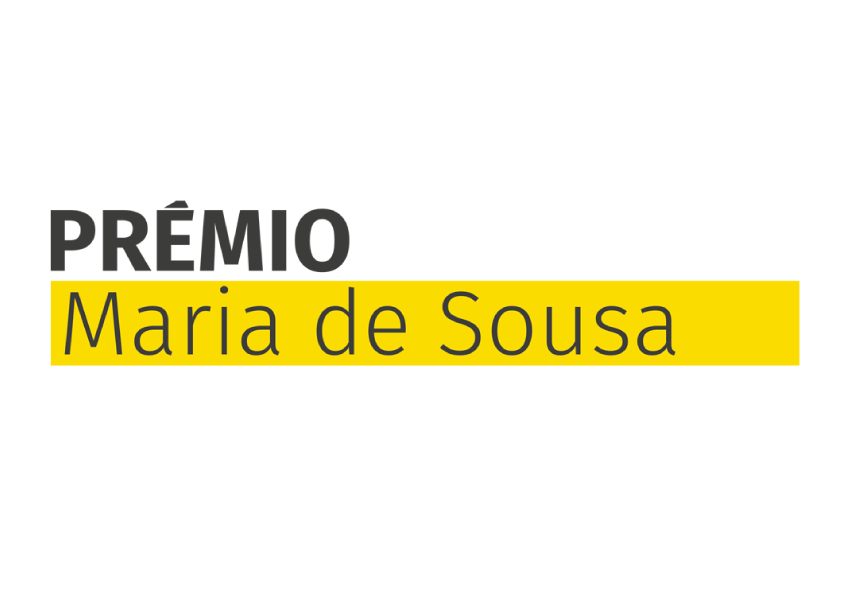News
- Science Stories
- Highlights
- Looking for collaboration
- Helpful links
- Logos
Science Stories
It is our mission being accomplished. Since 1994, the BIAL Foundation has approved for funding 946 projects, involving around 1900 researchers from 31 countries. There are three decades of support to Scientific Research Projects oriented toward the neurophysiological and mental study of the human being, in the areas of Psychophysiology and Parapsychology.
Discover the stories behind the science.
Science Stories

Does your dog have social skills?
A study suggests that viewing the owner’s face works as a positive social reinforcement for dogs. Learn more about this and other surprising results about “man’s best friend”.
News
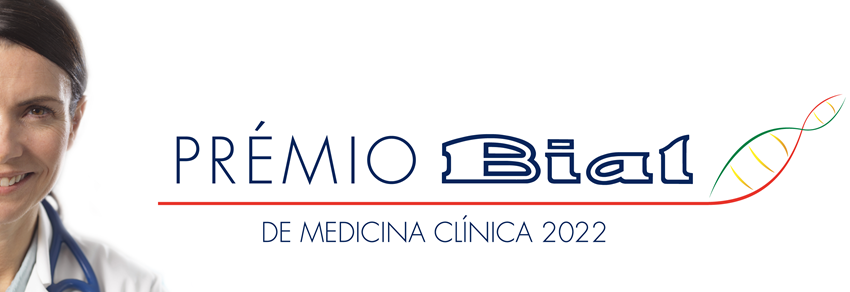
Prémio BIAL de Medicina Clínica: applications until August 31
The 20th edition of the Prémio BIAL de Medicina Clínica, promoted by the BIAL Foundation, with the amount of €100,000, seeks to recognize an intellectual, original work on any freely chosen medical topic on clinical practice. Only work with results of high quality and relevance will be considered. The winning work will also be published as a book.
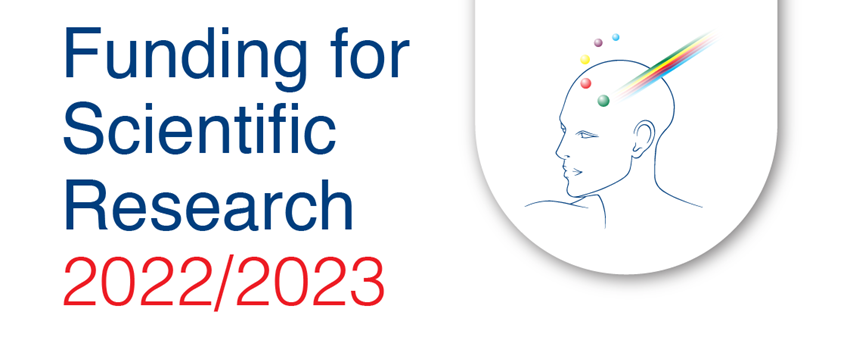
Grants for Scientific Research: applications until August 31
BIAL Foundation opens a new call of its Grants Programme for Scientific Research 2022/2023 in the areas of Psychophysiology and Parapsychology...
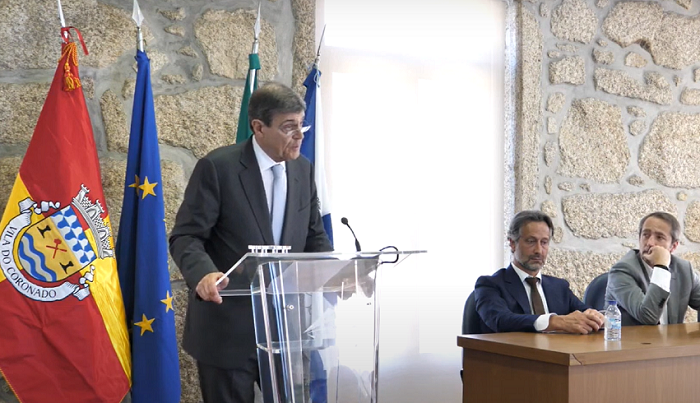
Luís Portela distinguished in the 25th anniversary of Vila do Coronado
Luís Portela, Chairman of the BIAL Foundation, was distinguished in the formal session of the commemorations of the 25th anniversary of Vila do Coronado, which took place on the 24th of July...
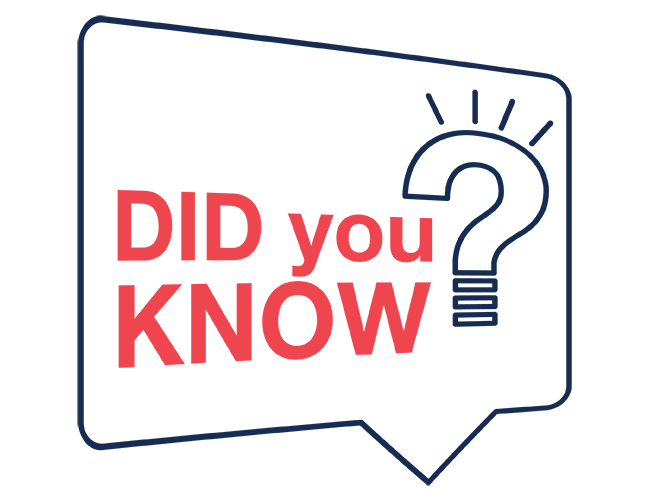
BIAL Foundation supports projects that link Psychophysiology and Parapsychology
Did you know that BIAL Foundation support projects that bridge Psychophysiology and Parapsychology and publish in journals such as Consciousness and Cognition, and Frontiers in Psychology?
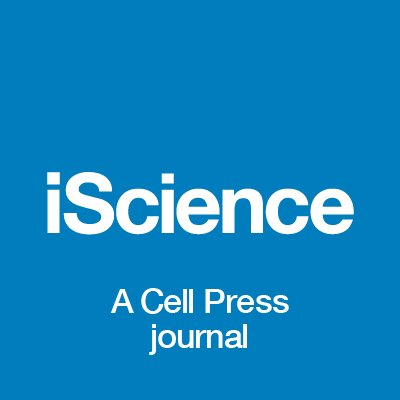
The behavioral coordination at the submovement level
In the scope of project 246/20 - The hidden rhythm of interpersonal (sub-)movement coordination, Alice Tomassini et al. published in the journal iScience, the paper “Interpersonal synchronization of movement intermittency”, with the following highlights...
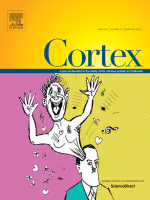
Is the human being able to assess the emotinal authenticity of non-verbal vocalizations?
Tatiana Conde e Magro, supported by the BIAL Foundation in the scope of project 148/18 – Voice perception in the visually deprived brain: Behavioral and electrophysiological insights, concluded that humans are able to assess the emotional authenticity of non-verbal vocalizations in early stages of emotional processing. Furthermore, the study showed that the assessment of emotional authenticity is faster in laughter than in crying. The paper “The time course of emotional authenticity detection in nonverbal vocalizations” featuring these results was published in the journal Cortex.

The neuronal representation of the use of tools
Stéphanie Rossit, supported by the BIAL Foundation in the scope of project 184/14 – Decoding neural representations of human tool use from fMRI response patterns, identified the neural representations of how humans typically use tools. Furthermore, the study demonstrated that these representations occur even when the performance of the task does not require semantic processing. The paper “The role of the anterior temporal cortex in action: Evidence from fMRI multivariate searchlight analysis during real object grasping” featuring these results was published in the journal Scientific Reports.

How does eye-contact affect the brain syncroninization?
Caroline Di Bernardi Luft, supported by the BIAL Foundation in the scope of project 138/18 – The neural signatures of leadership: Two-brain directed synchronization during eye-contact demonstrated that eye-contact affects the frequency and direction of brain synchronization, and that this synchronization differs between dyads. The paper “Social synchronization of brain activity increases during eye-contact” featuring these results was published in the journal Communications Biology.

Patrícia Teixeira Lopes is the new non-executive member of the Board of the BIAL Foundation
BIAL Foundation includes, for the mandate 2022-2025, Patrícia Teixeira Lopes as non-executive member of its Board of Directors...
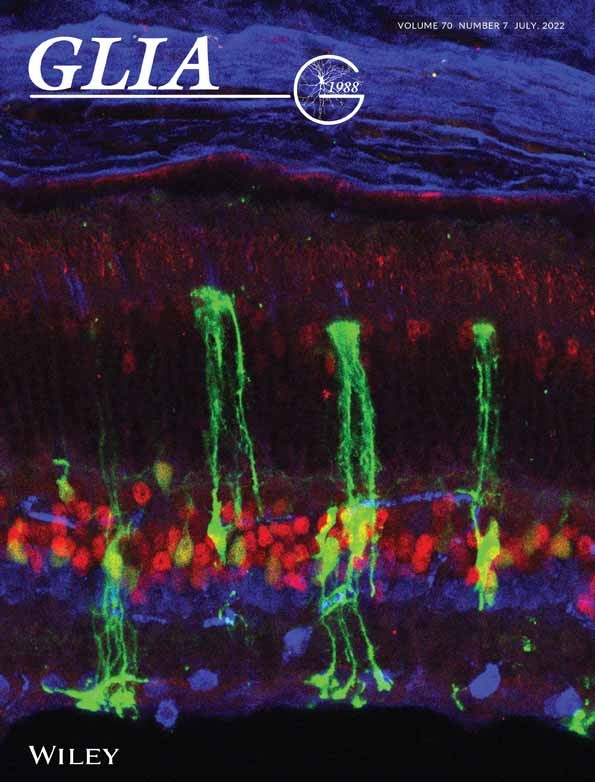
How do astrocytes regulate the activity of neuronal networks?
João Filipe Oliveira, supported by the BIAL Foundation in the scope of project 37/18 – Decoding the neuron-astrocyte dialogue that supports cognitive processing, concluded that the astrocytes, in addition to contributing to homeostatic control and signal exchange between molecules
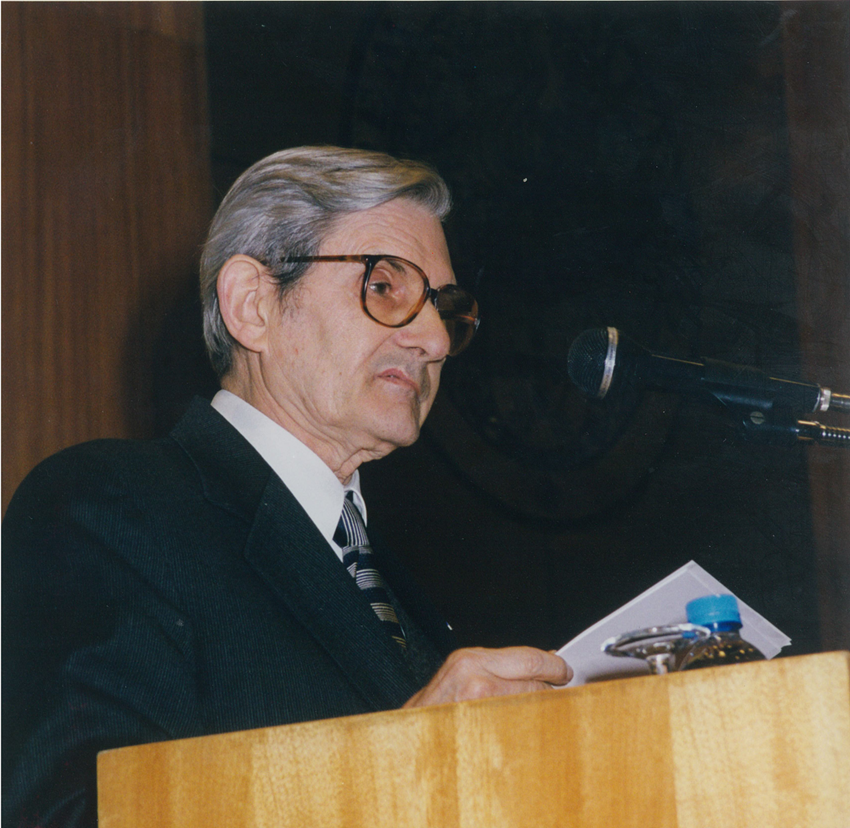
ICBAS and BIAL Foundation promote the Nuno Grande Doctoral Scholarship 2022
The BIAL Foundation, in partnership with the School of Medicine and Biomedical Sciences (ICBAS), is promoting the Nuno Grande Doctoral Scholarship 2022 in honour of the prestigious medical doctor, researcher and professor who founded ICBAS and was connected to the Foundation for over 20 years.

What factors contribute to facial identification?
Nicholas Furl, supported by the BIAL Foundation in the scope of project 27/16 – How do brains enconde the distinctive movements of facial expressions, demonstrated the effects of spatial caricatures on the perception of dissimilarity of different facial expressions.
Looking for collaboration

The quest of physiological markers for the experience of pain
Researcher: Elia Valentini - Department of Psychology & Centre for Brain Science, University of Essex Summary: The aim of this project is to improve measurement of the human experience of pain by investigating a combination of psychophysical and physiological responses during mild noxious stimulation. More specifically, we want to investigate how sensitive and specific to pain the brain oscillatory responses are. We use EEG as the main technique, but we are keen to collaborate with neuroscientists using fMRI, autonomic measures and brain stimulation as well as with computational neuroscientists. A clinical collaborator would also be very much welcome.

EEG investigation of hypnosis and decision-making
Researcher: Rinaldo Livio Perri - University Niccolò Cusano Rome, Italy Summary: I work in the field of hypnosis and cognitive neuroscience. In particular, I adopt the event-related potentials (ERPs) to investigate the effect of the hypnotic suggestions on sensory processing and cognitive performance. I am an expert in decision-making and proactive brain processes before the stimulus administration (e.g., the perceptual, prefrontal and premotor readiness during the expectancy stage). I could help colleagues to properly analyze the ERP signal in the pre-stimulus stage of processing. Also, I would be happy to share my EEG data for re-analyzing them in the frequency domain (e.g., wavelet or coherence analysis in the hypnosis research). Feel free to contact me for any question! More information on my papers: https://scholar.google.it/citations?user=-8e_V64AAAAJ&hl=it Possible collaborations: neuroscientist with experience in the EEG frequency analysis Email: perri.rinaldo@gmail.com

Transparent Psi Project - looking for collaborators
Summary: We are running a fully transparent, expert consensus-base multilab replication of Bem’s (2011) experiment 1. The project features state of the art methods to maximize transparency and study integrity. The study involves a computerized experiment taking about 20 minutes per session. Group testing is possible in a computer lab, no specialized equipment needed. Labs are expected to recruit at least 100 participants. Participants will be exposed to images with explicit erotic/sexual content in the experiment. No financial compensation is required for the participants. Data collection is expected to take place in the 2020 fall semester. Every material is provided for ethics/IRB submissions and data collection in English (translation of materials might be necessary by the collaborators). The study is pre-registered and the manuscript is accepted in principle for publication in the journal Royal Society Open Science. All collaborators who meet the minimum sample size criterion will get authorship on this paper reporting the results of the replication study. More information in the preprint: https://psyarxiv.com/uwk7y/ Indicate interest in the collaboration via the following form: https://tinyurl.com/tpp-labs With any question contact the lead investigator: Dr. Zoltan Kekecs, kekecs.zoltan@gmail.com

Cognitive control and learning
Researcher: Ignacio Obeso, Ph.D. / CINAC - HM Puerta del Sur Summary: The aim of our projects is to understand the behavioral and neural mechanisms used to learn how humans establish adaptive behaviour in changing contexts. More specifically, we want to decipher how stopping abilities are initially learned and later executed under automatic control. We use task-related fMRI, brain stimulation and clinical models to test our predictions in laboratory settings as well as online home-based paradigms. Possible collaborations: computational scientist Email contact: i.obesomartin@gmail.com https://iobesomartin.wixsite.com/cognitivecontrol
Find here some links to other Foundations, Organizations, Societies and more that you might be interested in.
- BrainFacts.org
- Cognitive Neuroscience Society
- Dana Foundation
- European Brain Council
- European Society for Cognitive and Affective Neuroscience (ESCAN)
- Federation of European Neuroscience Societies (FENS)
- Human Brain Project
- IANDS International Association for Near-Death Studies
- Institut Métapsychique International (IMI)
- Instituto de Psicologia Paranormal
- International Behavioral Neuroscience Society (IBNS)
- International Brain Research Organization
- IONS Institute of Noetic Sciences
- Kavli Foundation
- Koestler Parapsychology Unit
- Open Sciences
- Organization for Human Brain Mapping (OHBM)
- Parapsychological Association
- Psi Encyclopedia
- Rhine Research Center
- Sociedade Portuguesa de Neurociências
- Sociedade Portuguesa de Neurologia
- Society for Neuroscience
- Society for Psychical Research
- Society for Scientific Exploration (SSE)
- World Federation of Neurology


